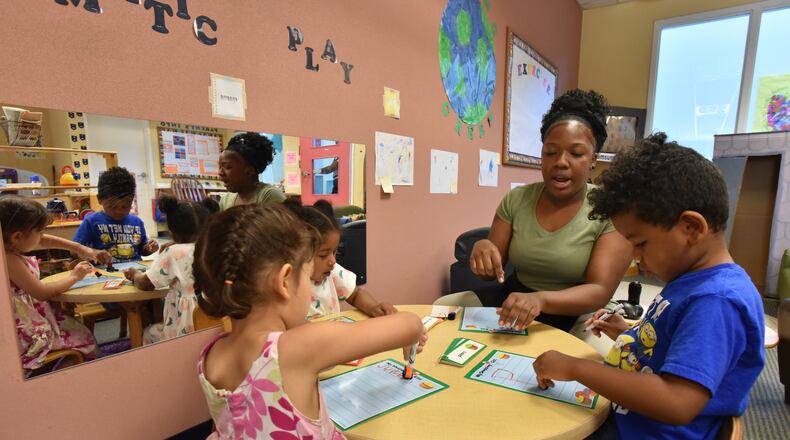New results from a long-running study of Michigan preschoolers show an important payoff for both the children and the rest of society: less crime.
Two new papers from James Heckman, a University of Chicago economist, show that adults in their mid-50s who attended an Ypsilanti preschool when they were 3 and 4 went on to lead more stable lives than a control group of peers who were not enrolled.
The longitudinal study has been running so long that Heckman was able to include the effects on the children of those children. They may still live in the same high poverty neighborhoods, but they are more likely to be employed and married, they are better educated and they are less likely to have committed a crime, said Heckman, who shared a 2000 Nobel prize for the theories and methods of analysis he developed.
The payoff from just two years of intervention in the Perry Preschool underscores Georgia's decision to invest about $400 million a year in pre-K. The state has long been a leader in early childhood education, though a recent report suggests that lead could be slipping. Heckman's new work, released Tuesday, also buttresses arguments from local civic, business and military leaders who say Georgia should be intervening earlier than pre-K, which typically starts at age 4.
Heckman said in a conference call Monday that the greatest payoff is with children in poverty. The results from his research and other studies show that early intervention “activates” children, causing them to be more curious and engaged with their parents, Heckman said. That, in turn, gets the parents more engaged. “It seems like the universal ingredient is enhanced parent-child interaction,” he said.
About the Author
Keep Reading
The Latest
Featured



